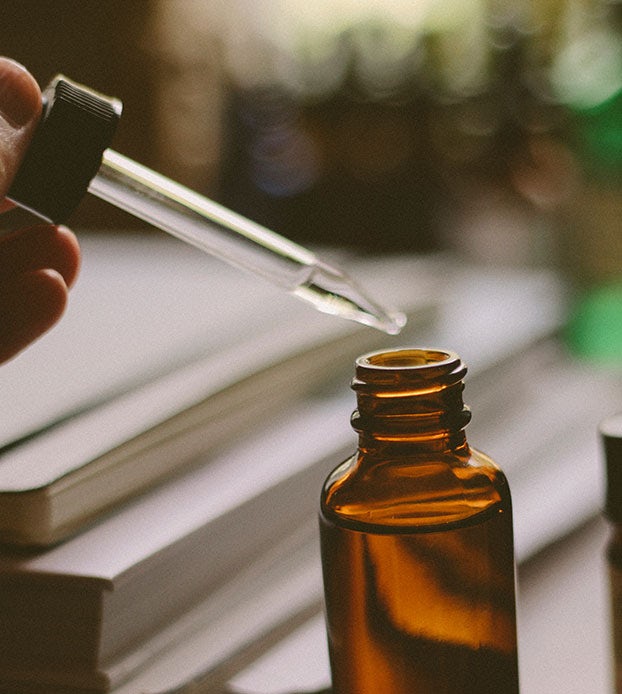This article was first published on Analytical Cannabis. It appears here with permission.
THC, the key intoxicating chemical of cannabis, can be present in human breast milk up to six weeks after marijuana use, according to a new study.
Published in “JAMA Pediatrics,” the study followed 25 new mothers who had a history of cannabis use. Seven of these women ultimately abstained from cannabis for the purposes of the study.
After testing the women’s milk, blood, and urine samples, the researchers found that all participants still had detectable levels of THC in their breastmilk six weeks after quitting cannabis.
The Colorado test
To get their findings, the researchers first recruited women who had a history of cannabis use and who had delivered their infants at either the Children’s Hospital Colorado or UC Health’s University of Colorado Hospital between November 1, 2016, and June 30, 2019.
In total, 394 women were screened, 25 were enrolled, and seven were ultimately able to abstain from cannabis for the duration of the study. These participants provided plasma and breast milk samples to the researchers two-to-five times per week for high-performance liquid chromatography tandem mass spectrometry (HP-LC-MS) analysis.
All 25 participants had detectable THC levels in their breast milk throughout the study. Among the seven women who abstained more than five weeks, the average half-life of THC in their breast milk was seventeen days, meaning that the compound was still present at significant levels in their milk beyond six weeks.
“This study provided invaluable insight into the length of time it takes a woman to metabolize the THC in her body after birth,” Maya Bunik, a professor of pediatrics at the CU School of Medicine and medical director of the Children’s Hospital Colorado, said in a statement.
Bunik and her colleagues also found that THC concentrations in the milk samples tended to increase during the first two weeks of the study, then decreased over the following weeks. This phenomenon, they say, may be attributable to the changing fat composition in breast milk in the early post-natal period, the individual metabolism of the participants, and differences in their cannabis consumption rates – which the study did not account for.
This latter factor and the scant number of participants involved in the study could limit the reliability of its conclusions. But Bunik and her colleagues are still confident that their results can help inform future maternal guidance around cannabis use.
“To limit the unknown THC effects on fetal brain development and promote safe breastfeeding, it is critical to emphasize marijuana abstention both early in pregnancy and postpartum,” she added. “To help encourage successful abstention, we need to look at – and improve – the system of supports we offer new moms.”
Cannabis and pregnancy
While few studies have investigated how THC can impact breast milk – the Children’s Hospital Colorado study is reportedly the first to examine the topic since 1982 – many other recent studies have highlighted concerns around prenatal cannabis use, fertility, and birth outcomes.
A study recently published in “Human Reproduction” found that cannabis use seemed to reduce the chances of a successful pregnancy in participants, particularly among women who had already lost a pregnancy.
“These findings highlight potential risks on fecundability among women attempting pregnancy with a history of pregnancy loss and the need for expanded evidence regarding the reproductive health effects of cannabis use in the current climate of increasing legalization,” Dr Sunni Mumford, an investigator at the National institutes of Health and lead researcher of that study, told Analytical Cannabis this February.
Another study published last year in the “Medical Journal of Australia” found that those who continued to consume cannabis after 15 weeks of pregnancy were more likely to give birth to babies with a lower birthweight and a shorter head circumference.
And another recent study found that, when exposed to THC, bovine eggs were significantly less likely to result in a viable pregnancy.
Sign up for bi-weekly updates, packed full of cannabis education, recipes, and tips. Your inbox will love it.

 Shop
Shop Support
Support
















